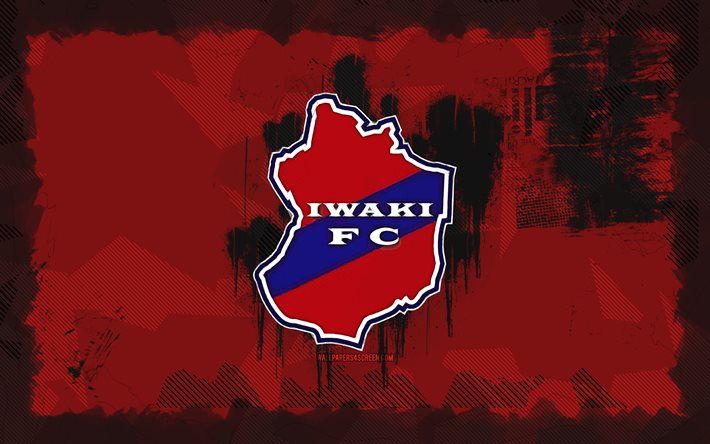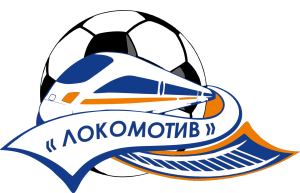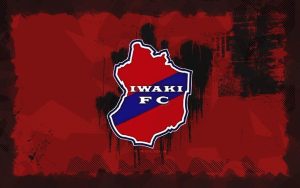
Iwaki FC
Iwaki FC stands as a testament to the transformative power of community-based football; its journey has regional implications as much as it reflects a broader perspective on how football can shape societal development. Their rise is a model for other football clubs, highlighting the importance of grassroots engagement, investment in infrastructure, and nurturing local talent.
Significance of Iwaki FC
The significance of community involvement cannot be overstated. Iwaki FC functions as a beacon of local pride, showcasing how a football club can profoundly impact social cohesion and economic vitality. By actively engaging with the community, the club bolsters local identity, paving pathways for active participation in sports and cultural initiatives that strengthen community ties rwin com.
This community-oriented approach translates into tangible benefits, where increased attendance at matches and local participation in events enhances regional morale. This ripple effect positively influences local businesses, tourism, and public perception of Iwaki City, highlighting how Iwaki FC serves as a means of nurturing and sustaining community identity.
By investing in community relations, the club has cultivated a loyal fan base that rallies behind its initiatives. The inclusive atmosphere resonates deeply with residents, motivating them to actively support the club’s pursuits on and off the field. This relationship builds a solid foundation, paving the way for long-term growth and success, creating a cycle of goodwill that sustains the club’s ambitions.
Leveraging Recognition and Future Opportunities
As Iwaki FC garners attention from national media and football experts, it enhances its standing as a model for both sporting success and social impact. Recognition from stakeholders not only boosts regional pride; it also sets a precedent for how football clubs can operate amid changing dynamics within the sport.
With this increased visibility, Iwaki FC unlocks future pathways to higher leagues and potential participation in continental tournaments. These opportunities will allow the club to showcase its brand further, expanding its fan base beyond regional borders and establishing itself on a national stage.
Moreover, the economic implications of higher league status open numerous doors—from increased broadcasting rights, to enhanced sponsorship opportunities—that can propel Iwaki FC towards new heights. As the club continues to focus on talent cultivation, tactical development, and community engagement, it stands poised for an ambitious future filled with opportunities, paving the way for a rich legacy that resonates within both football and community spheres.
Conclusion
Iwaki FC serves as a powerful illustration of how community, strategic planning, and dedication intertwine to cultivate a club that embodies sustainability and growth. From its robust youth development initiatives to an emphasis on local pride, Iwaki FC not only strives for success on the pitch but also enriches the broader fabric of Iwaki City. Their journey—a mix of revitalizing local identity and ambitious aspirations in Japanese football—represents an inspiring model for clubs looking to become impactful entities in their communities and sports. The future of Iwaki FC shines brightly with the potential to influence subsequent generations and shape lasting legacies in both football and regional development.





